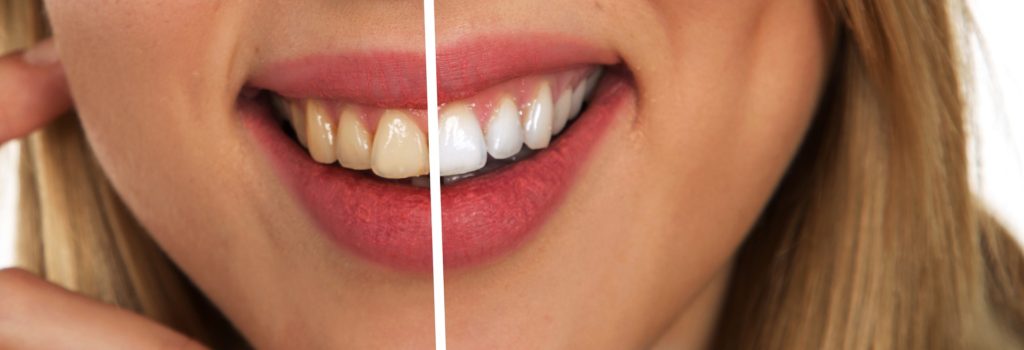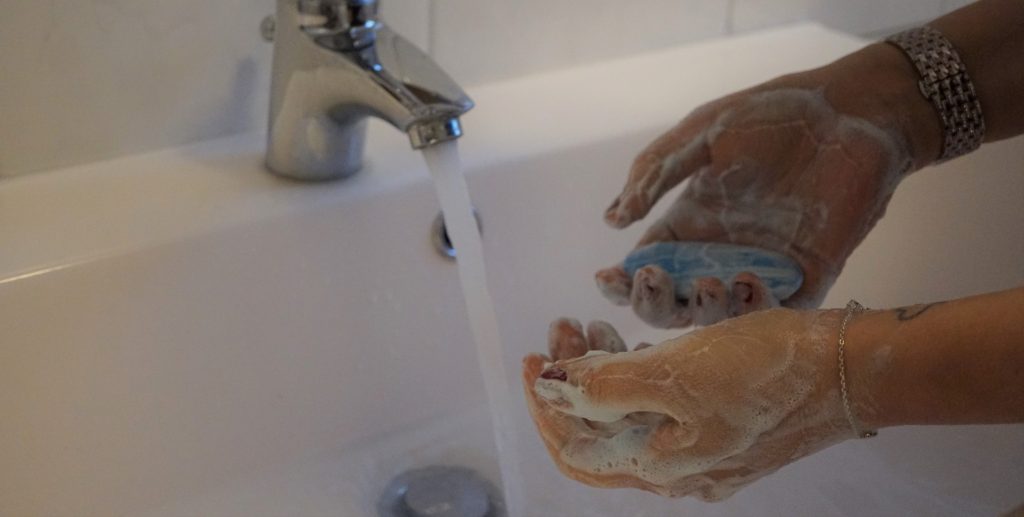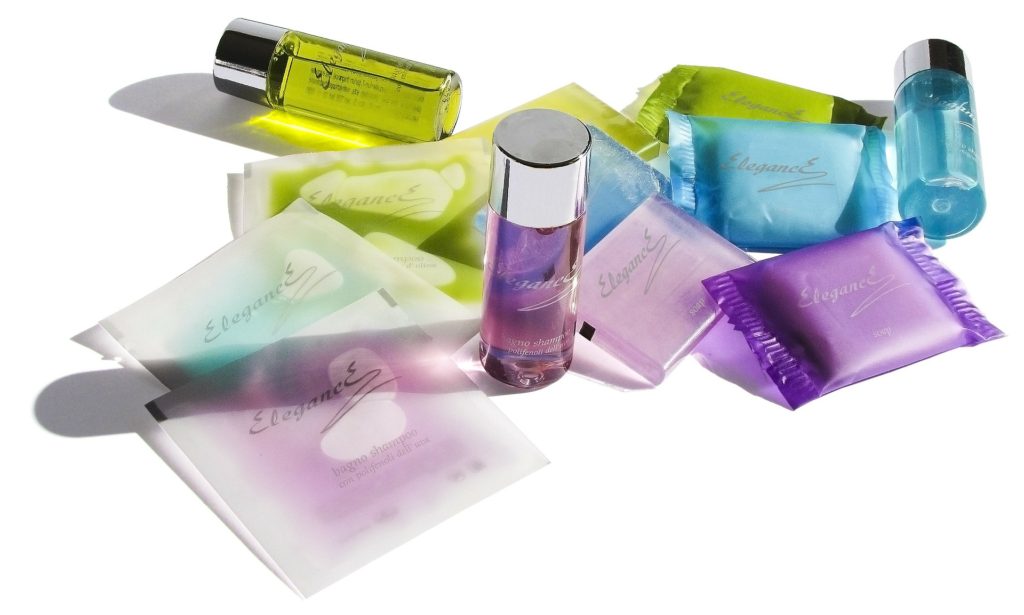Health and hygiene is a vital phenomenon for a healthy and hygienic life, as it plays a crucial role in the prevention against the spread of diseases and germs.
Health according to the World Health Organization [WHO], is the state of complete physical, mental and social well- being and not merely the absence of disease or infirmity.
Therefore, if a person is free of diseases or in a good physical condition, but under stress, tension, anger and greed, he is not considered healthy. Health, however is a positive state of well-being in which all body parts and mind remains in harmony and proper balance. Hence,” Health refers to having a healthy mind in a healthy body.”
According to the World Health Organization [WHO], Hygiene is a series of practices performed to preserve health. Hygiene also refers to conditions and practices that helps in maintaining health and prevent the spread of germs and diseases.
Hygiene is mostly perceived as cleanliness. Cleanliness, however is the state or habit of being neat, while hygiene is a choice of making personal habits consistent.
5 BASIC PRACTICES THAT PROMOTES POSITIVE HEALTH AND HYGIENE
“Take care of your body, it is the only place you have to live”
JIM ROHN
Proper grooming and healthy personal habits help ward off illness, as cleanliness is the foundation to promoting positive health and hygiene.
Below are basic health and hygienic etiquettes to imbibe:
1-BODY HYGIENE: Body hygiene is an essential factor towards achieving a positive health and hygiene. Body odor is the decomposition of sweat by bacteria which is caused due to moistened and dried sweat on dried skins, making dirt stick on the skin and cloth surfaces. Keeping the body clean, prevents numerous medical conditions. While taking a bath regularly with soap and warm water, washes away dirt and bacteria responsible for many diseases and body odor. The use of antiseptic , and body deodorants, as well as washing clothes and underwear regularly in disinfectant, helps fight against body odor.

2-ORAL HYGIENE: The mouth is full of bacteria and is a perfect environment for bacterial growth, prone to collecting harmful bacteria and infections .Oral hygiene is one of the crucial etiquettes in maintaining a positive health and hygiene ,but widely underrated. The process of breaking down food into particles begins in the mouth cavity, which leaves debris sticking on the surfaces of our teeth and gums. Keeping the teeth and gums healthy requires , regular brushing and flossing. Mouth washes , sprays and flavored mints, help clears food particles and plaque responsible for tooth decay, various gum diseases and bad breath .If oral health problem persists, seeing a dentist for proper oral healthcare services is advised.
3-HAND HYGIENE: Hand hygiene is another health and hygienic practice that is often disregarded. Most infections, especially cold and gastroenteritis-[an intestinal infection marked by diarrhea, cramps, nausea, vomiting and fever] , are contracted when unwashed hands containing germs are kept in the mouth .However, hands and wrists must be washed with clean soap and water, using a brush if the fingernails are dirty, as well as drying the hands with clean towels or hot air dryer.

Hand washing must be done;
-After using the toilet
-After handling pets i.e Animals
-Before making and eating meals
-After been around persons with symptoms of cough and cold.
4-NUTRITIONAL HYGIENE: Nutritional hygiene is a branch of health and hygiene that studies the problems of complete and sound nutrition of the healthy human .It studies human nutrition in relation to sex, age, occupation, climatic conditions and other factors. The practical tasks of nutritional hygiene is the development of sound nutrition in work groups and for children in pre-schools and other institutions. Nutritional hygiene develops prophylactic nutrition for workers in enterprises, and work out methods of effective sanitary control in public eating places and food industries, in order to prevent the possible development of harmful substances in food products.
In addition, nutritional hygiene devises measures to prevent food poisoning, toxic infections and intoxication. Hence, developing means of supervision of merchandise and public eating places.
In the field of USSR scientific research, nutritional hygiene is carried out by;
-The Institute Of Nutrition
-Academy Of Medical Sciences of the USSR in Moscow
-Scientific Research Laboratory
-Department of Republic Sanitary-hygiene Institutes
-Branch institutes of the cereal, meat, dairy, canning, dried vegetables and confectionery industries.
-Practical problems of nutritional hygiene are solved by; public health monitoring organizations, by performing local sanitary inspection.
5-TRAVELLING HYGIENE-This is another essential health and hygienic practice, as it is important to keep a positive health and hygiene when travelling. Keeping the hands clean, using an alcohol based sanitizer before meals, and after using the washroom. Depending on the climate and skin type; sunblock, moisturizers and lip balm will be required. Travelling during summer requires staying hydrated and imbibing facial cleanliness. A rinse free facial cleanser, facial cleansing wipes and make-up remover are essential.

A penetrating bad breath is the worst form of odor, often encountered while travelling. However, mint gums and variety of oral care products such as; disposable mini-tooth brushes that can be used without water as well as pocket-sized mouth sprays can be used. Avoiding onions and garlics before travelling, and binging on fruits that naturally cleans the mouth, like apples and lemons may be appropriate.
Lastly, excessive body hygiene should be avoided, as this is a mental disorder called , OBSESSIVE COMPULSIVE DISORDER [OCD].
OCD refers to, conditions in which an individual is affected by obsession and compulsions, focused on some specific themes .OCD can also be described as, when a person feels the need to perform certain routines repeatedly , or some certain repeated thoughts , to an extent of generating distress or impairs general function ability.
To reach a balanced level of health and hygiene, the aforementioned practices must be imbibed, without a form of excessiveness.
Personal health and hygiene extends towards personal grooming, as it pertains to the maintenance of a good personal and public appearance.
“He who has health, has hope, and he who has hope, has everything.”
THOMAS CARLYLE

